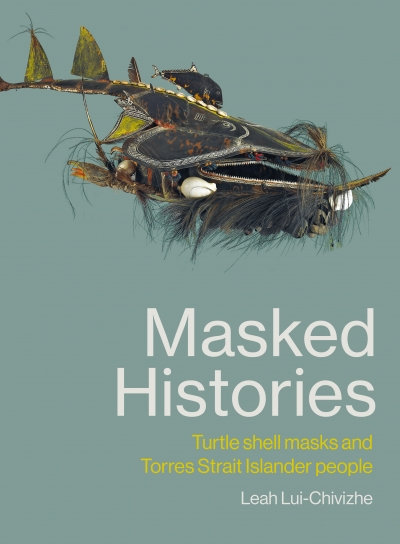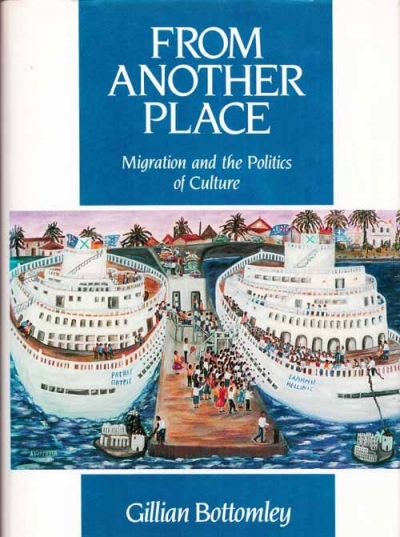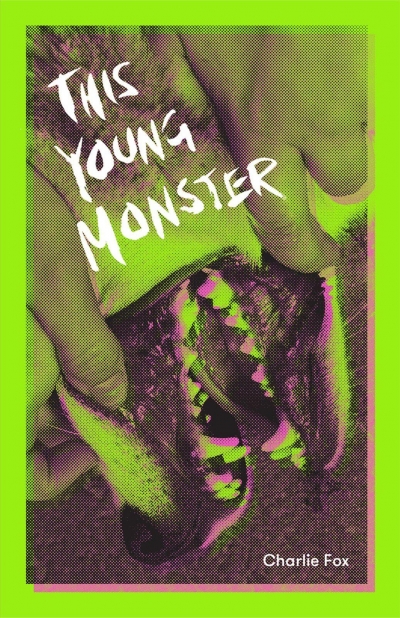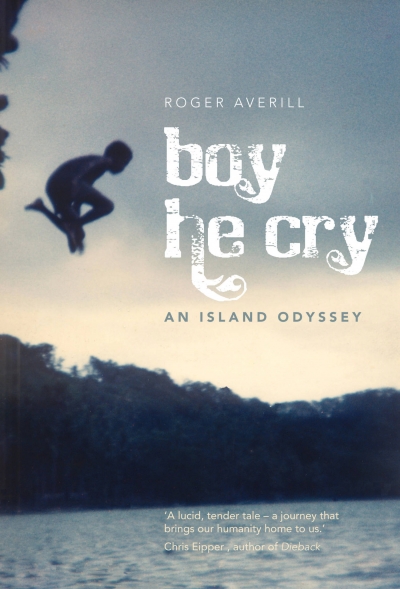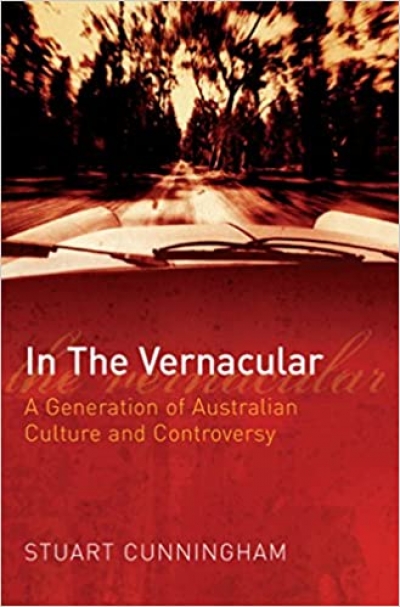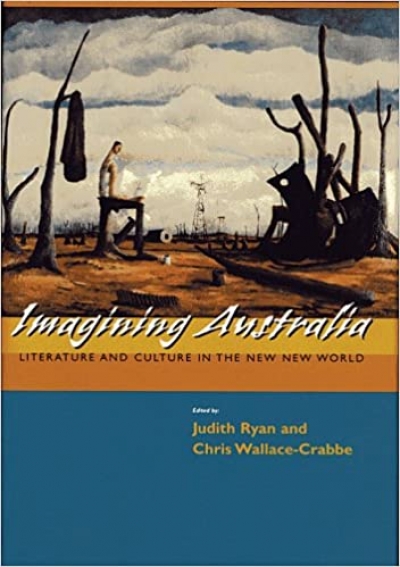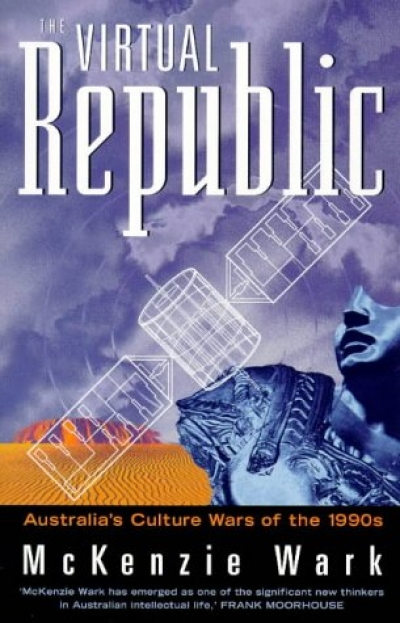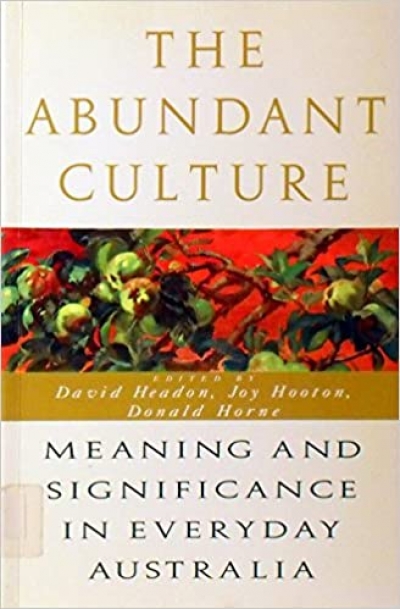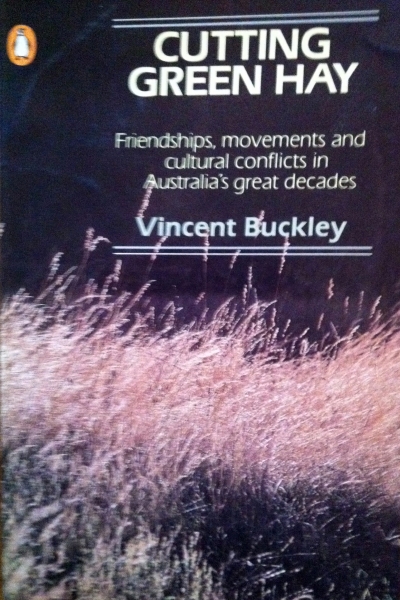Culture
Masked Histories: Turtle Shell Masks and Torres Strait Islander People by Leah Lui-Chivizhe
by Ben Silverstein •
From Another Place: Migration and the politics of culture by Gillian Bottomley
by David Walker •
In the Vernacular: A generation of Australian culture and controversy by Stuart Cunningham
by Jake Wilson •
Google and the Myth of Universal Knowledge by Jean-Noël Jeanneney (trans. Teresa Lavender Fagan)
by Colin Nettelbeck •
Imagining Australia: Literature and culture in the new new world edited by Judith Ryan and Chris Wallace-Crabbe
by Lisa Gorton •
The Virtual Republic: Australia’s culture wars of the 1990s by McKenzie Wark
by Gerard Windsor •
The Abundant Culture, Meaning and Significance in Everyday Australia edited by David Headon, Joy Hooton, and Donald Horne
by Humphrey McQueen •

